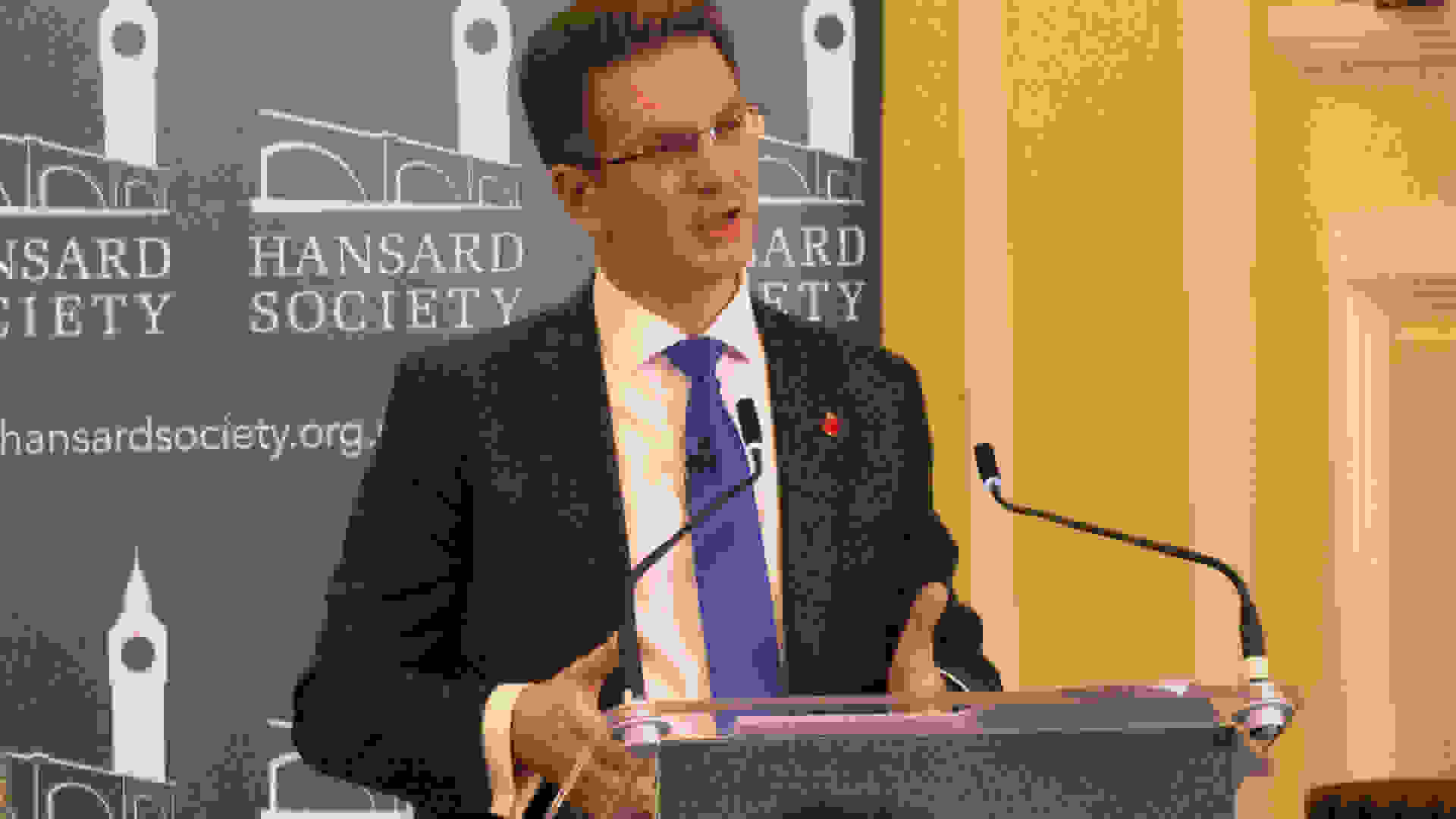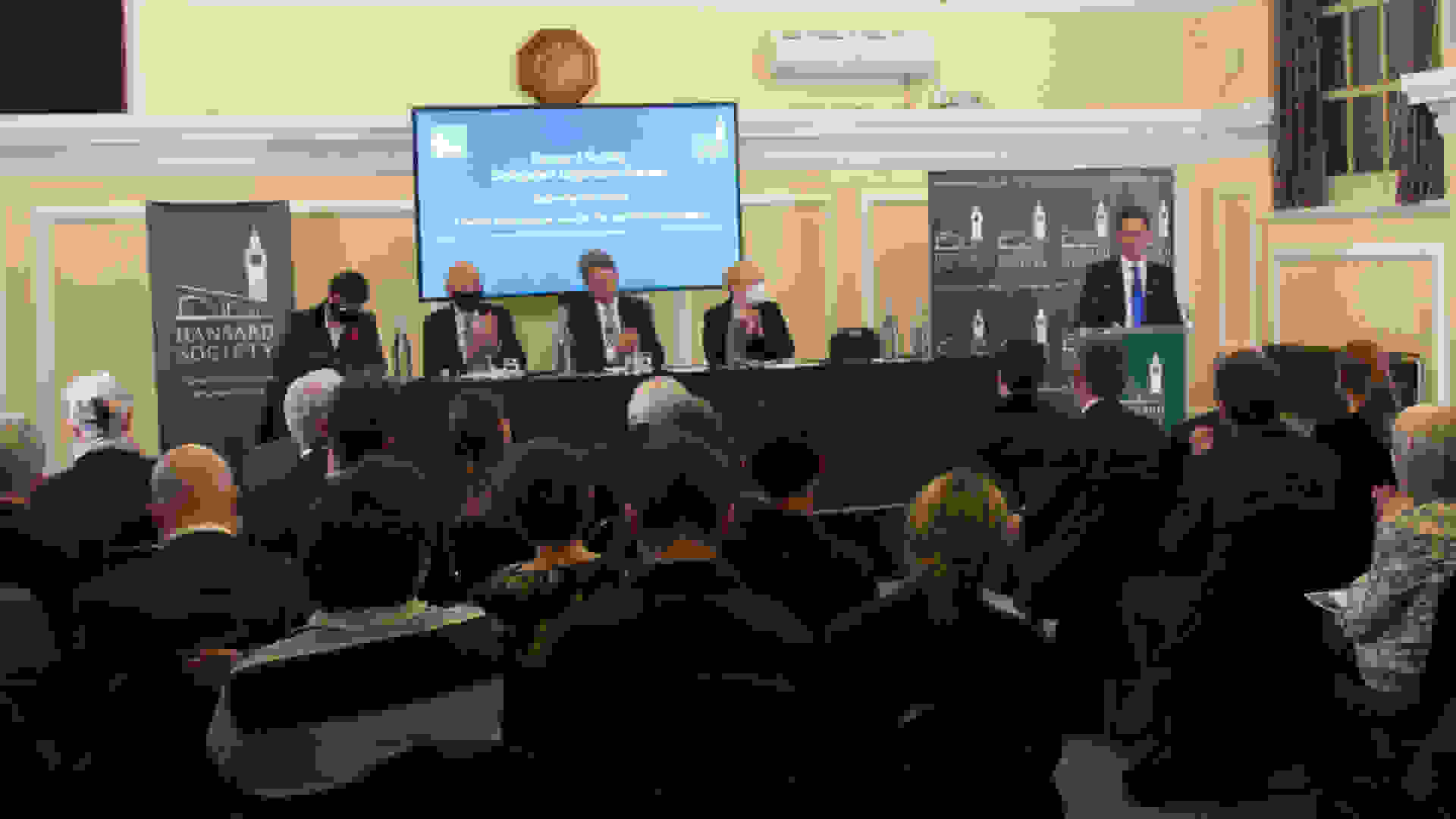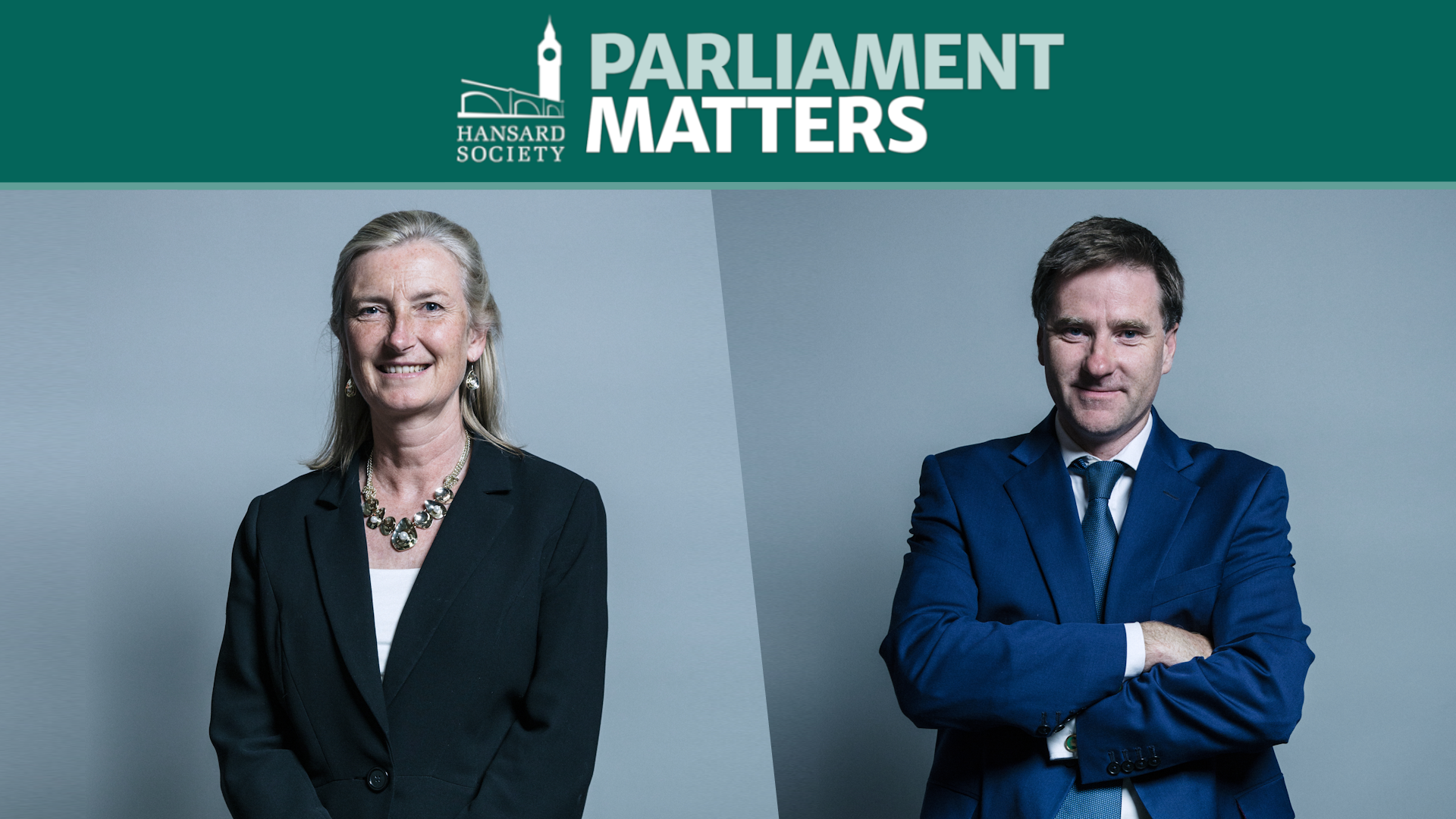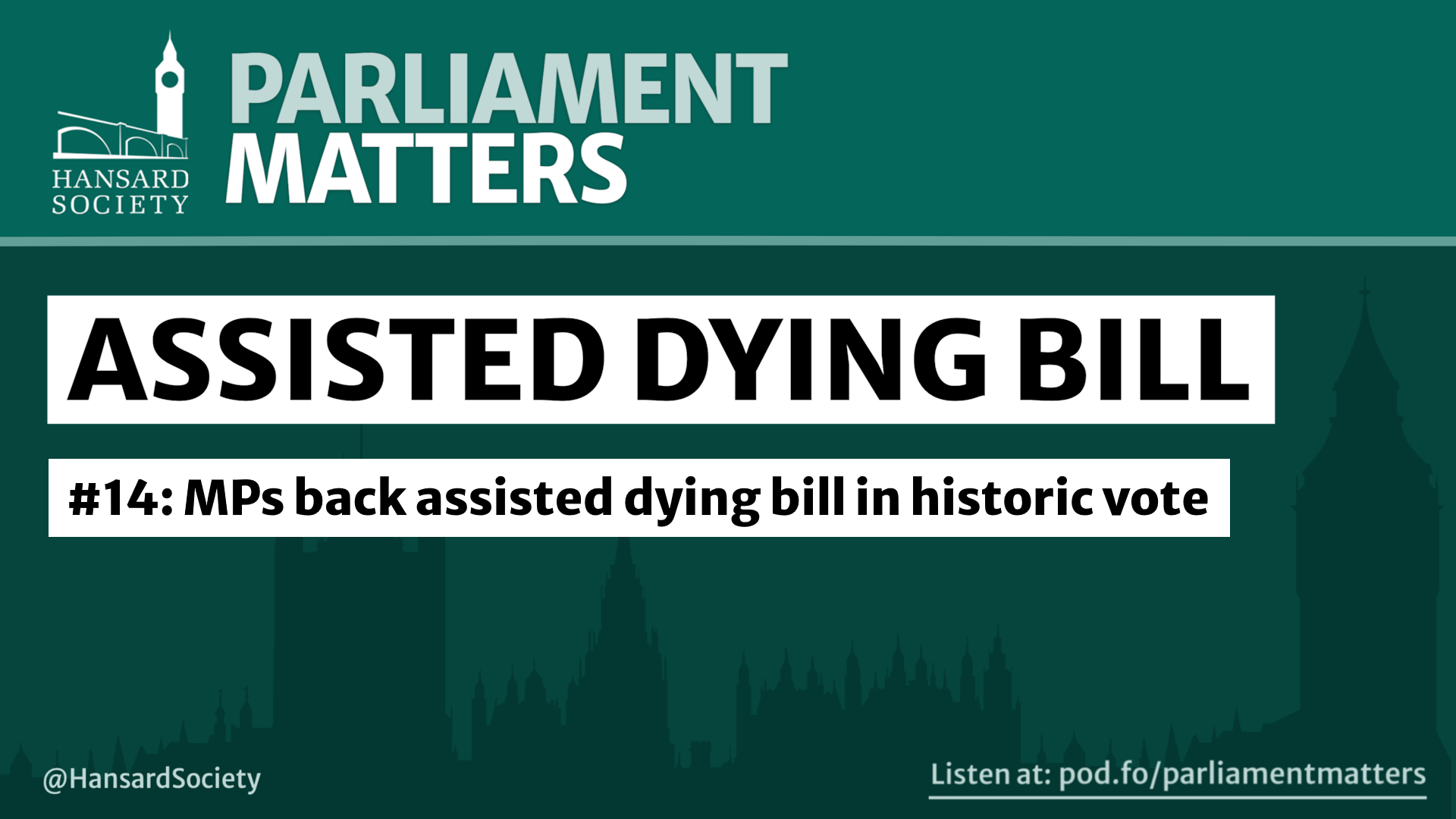Publications / Democratic control of political power matters: keynote address by Steve Baker MP
The full text of the keynote address given by Steve Baker MP at the launch of the Hansard Society Delegated Legislation Review, 2 November 2021.


On 2 November, the Society launched its Delegated Legislation Review to an audience of MPs, Peers and constitutional experts. The event – which included two panel discussions with Members from across the political spectrum and a keynote address by Steve Baker MP – unpacked the problems with the delegated legislation system and explored avenues for reform.
Speakers
Thangam Debbonaire MP
Patrick Grady MP
Mark Harper MP
Chair: Dr Ruth Fox, Director, Hansard Society
The Delegated Legislation Review: presentation by Dr Ruth Fox, Director, and Dr Tom West, Delegated Legislation Review Manager, Hansard Society
The full text of the keynote address given by Steve Baker MP at the launch of the Hansard Society Delegated Legislation Review, 2 November 2021.

Keynote address: Steve Baker MP
Respondents: Dame Angela Eagle MP and The Rt Hon the Lord Judge
Chair: Murray Hunt, Director of the Bingham Centre for the Rule of Law

This work is supported by the Legal Education Foundation as part of the Hansard Society's Delegated Legislation Review.
MPs will vote on the Universal Credit and Personal Independence Payment Bill. Motions objecting to ratification of the UK–Mauritius Agreement on the Chagos Archipelago will be debated by Peers. MPs will debate the proscription of Palestine Action. Chancellor Rachel Reeves faces MPs’ oral questions and the Defence Secretary John Healey MP faces select committee scrutiny. MPs will formally approve the continued existence of the armed forces for the next 12 months, as required annually. Consideration of the Bill to create an Armed Forces Commissioner may also be completed this week. The House of Lords (Hereditary Peers) Bill returns to the Lords for Report Stage while Peers will also scrutinise the Renters’ Rights and the Children’s Wellbeing and Schools Bill.

We are joined this week by two guests who bring invaluable insight into the intersection of health policy and parliamentary life. Dr. Sarah Wollaston and Steve Brine – both former MPs, health policy experts, and co-hosts of the podcast Prevention is the New Cure – share their experiences of how the House of Commons handles health and social care. Please help us by completing our Listener Survey. It will only take a few minutes.

This week, we reflect on a landmark moment in UK parliamentary history: the Terminally Ill Adults (End of Life) Bill has passed its Third Reading in the House of Commons, moving one step closer to legalising assisted dying in England and Wales. We are joined once again by former House of Commons Clerk Paul Evans to examine how this Private Member’s Bill navigated the political and procedural obstacles in its path and to explore what lies ahead in the House of Lords. Please help us by completing our Listener Survey. It will only take a few minutes.

In order to incur expenditure the Government needs to obtain approval from Parliament for its departmental spending plans. The annual Estimates cycle is the means by which the House of Commons controls the Government’s plans for the spending of money raised through taxation.

The UK Spending Review outlines how Government funds will be allocated over several years. Unlike the Budget, which raises revenue, the Review decides how it is spent. But how is it approved? What role does Parliament play if it doesn’t vote on the Review itself? This blog explores how the Spending Review works, how it differs from the Budget, and how Parliament holds the Government to account through the Estimates process.

